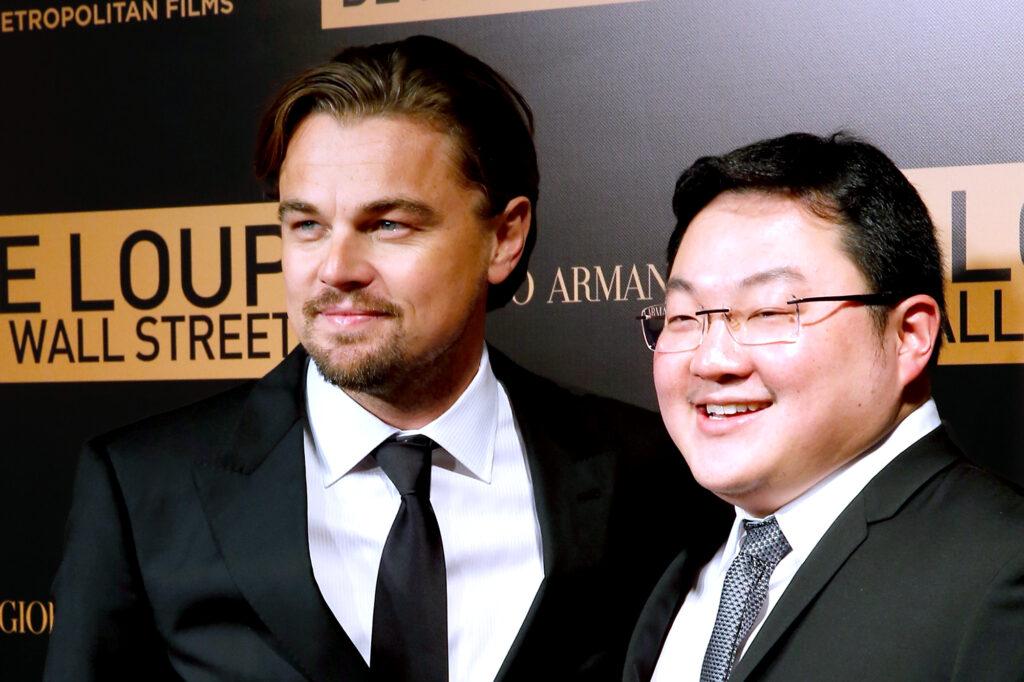
Jho Low is one of the most Wanted men in the world after stealing around 4.5 billion dollars. One of the biggest scams in history that he pulled off whilst in his twenties. And that money wasn’t tied up in assets, this was liquid cash; which he could spend. Meaning, Jho Low probably had more spending power than anyone else on Earth.
Jho Low built a reputation as one of the top spenders in casinos and nightclubs, often splurging hundreds of thousands of dollars on drinks per night. He bought private jets, and mansions, and Picasso artworks, and lived an extraordinary life of partying and luxury. Honestly, his life resembled something out of the Wolf of Wall Streets, which is ironic; because it was Jho Low who financed that movie. Yes, you heard right. Jho Low used stolen money from his financial scam to fund the Hollywood blockbuster about a financial scam. But how does a guy born on a small Malaysian Island end up becoming friends with Hollywood stars, dating supermodels, and pulling off one of the biggest financial frauds ever?
The Foundation of Success
At a young age, Jho Low’s affluent parents sent him to Harrow, an esteemed boarding school in England. This pivotal period in his life introduced him to a cohort of exceptionally wealthy classmates, including royal heirs and oil magnates’ children. Despite his initial unfamiliarity with their extravagant lifestyles, Jho Low recognized the potential in cultivating relationships with these privileged individuals. He astutely capitalized on this opportunity by inviting a select few classmates to experience the wonders of Malaysia, even embellishing his social standing by borrowing a luxurious 160-foot yacht and subtly replacing the family photos on board with his own. Jho Low’s intent was clear – he aimed to position himself as a member of the elite circle he aspired to join.
Jho Low’s ability to create illusions of power and prestige became a hallmark of his ascent. A notable instance occurred when he obtained the letterhead of the Brunei Embassy, employing it to secure a VIP table at a prominent West End nightclub. By leveraging this ruse and falsely portraying himself as a member of Brunei’s royal family, Jho Low gained entry to an exclusive party venue. Mingling with famous football players and models, he discovered that the façade of authority and prestige could unlock countless opportunities.
Crafting a Persona at Wharton: The Art of Influence
Continuing his pursuit of building a compelling personal brand, Jho Low enrolled at Wharton University in the United States. While studying there, he deftly curated an image as a savvy stock picker, contributing articles to the Wharton Journal. However, his approach to writing involved plagiarizing reports from Wall Street analysts, yet remarkably escaping detection. This dishonesty did not hinder Jho Low’s reputation; instead, it bolstered his perceived expertise in stock selection. Further enhancing his persona, he cruised around campus in a Lexus convertible, allowing rumors of his alleged royalty to circulate unchecked. Jho Low’s calculated strategy of identifying and befriending the wealthiest students mirrored his earlier successes at Harrow, setting the stage for his future triumphs
During his time at the university, Jho Low orchestrated a lavish birthday party that would serve as a strategic investment in his growing social capital. Renting an exclusive nightclub with an open bar, he ensured a memorable event that exuded exclusivity. While enjoying the festivities, Jho Low cleverly delayed paying the club owners the remaining sum owed. Despite his financial constraints, he negotiated a substantial discount, leaving the attendees oblivious to the underlying circumstances. Jho Low’s objective was clear – forge influential friendships and bolster his reputation through a façade of opulence.
Drawing upon his network of connections, Jho Low seized an opportunity to organize a tour around the Middle East. Engaging with wealthy families and minor royals, he delved into understanding the power structures and financial landscapes of each country. Notably, Jho Low established crucial relationships with the operators of Abu Dhabi’s Sovereign Wealth Funds. These funds, known for their vast resources and minimal regulation, presented the perfect avenue for Jho Low’s future endeavors.
The Birth of the Wynton Group
Upon completing his studies, Jho Low established his own company, the Wynton Group, with a grand vision of amassing significant wealth. The name itself symbolized his unwavering confidence in achieving remarkable success. Securing lavish offices at the prestigious Patronus Towers, despite his limited financial means, Jho Low cleverly obtained a loan from a local bank to bolster the perception of a thriving and accomplished business. Now armed with an impressive façade, Jho Low set his sights on acquiring actual clients, leveraging his extensive network of affluent contacts accumulated over the years.
Jho Low’s Alliance with Najib Razak
During his time at Harrow, Jho Low formed a close bond with Riza Aziz, who happened to be the stepson of Najib Razak, a prominent figure within the Malaysian government. Jho Low recognized the potential advantages of being connected to Najib’s inner circle. Mere friendship with Najib’s stepson would not suffice, so Jho Low embarked on a mission to prove his worth. At that time, Malaysia was seeking partners for a significant construction project aimed at establishing a financial and lifestyle center similar to Singapore. Leveraging his connections in the Middle East, Jho Low seized the opportunity and brokered a deal for their investment in Malaysia’s construction projects.
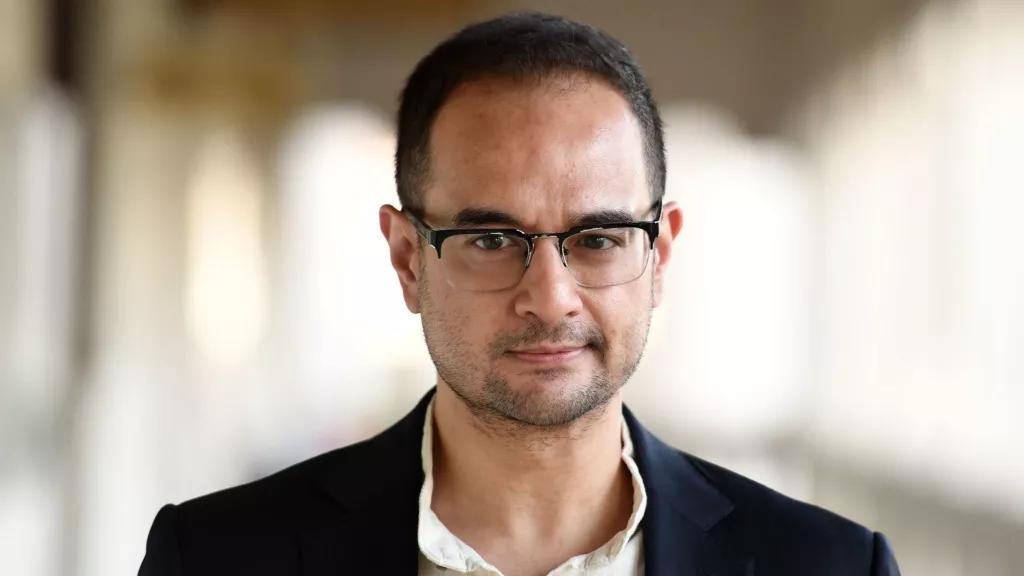
To solidify his position within Najib’s circle, Jho Low orchestrated a strategy that would propel Najib’s popularity to new heights. Despite not contributing significant effort, Jho Low allowed Najib to claim credit for the construction project deal. This move paid dividends as Najib’s reputation soared, positioning him as a politician capable of attracting major investments and driving Malaysia forward. This surge in popularity proved instrumental in Najib’s ascent to the position of Prime Minister in 2009.
The Birth of the 1MDB Fund and Jho Low’s Influence
With Najib assuming the role of Prime Minister, Jho Low wasted no time in presenting a groundbreaking idea: the creation of Malaysia’s very own Sovereign Wealth Fund, similar to those in the Middle East. Their vision was to leverage this fund for global investments, positioning Malaysia on the international financial map. Thus, the 1Malaysia Development Berhad (1MDB) fund was born, with its official mandate focused on the country’s economic development, green energy, tourism, and job creation. However, Jho Low proposed a darker purpose to Najib – to utilize a portion of the fund as a political war chest, enabling Najib to host grand events and build affordable housing in areas where electoral support was lacking.
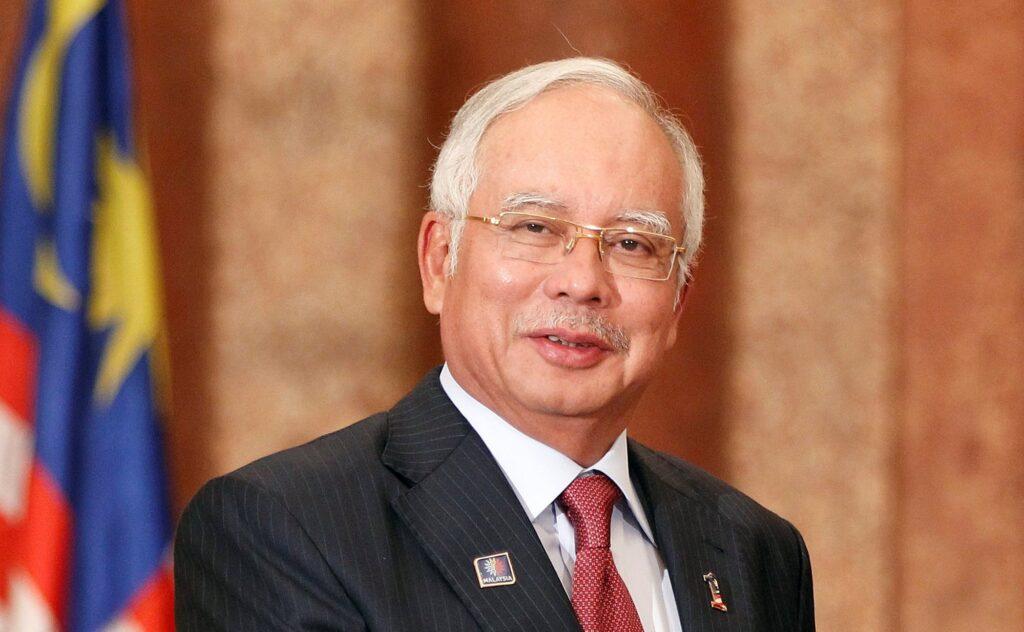
Jho Low’s influence within the 1MDB fund was unprecedented. Although Najib held the formal title of chairman, Jho Low, designated as an advisor, effectively wielded complete control over the billion-dollar fund. Filling key positions with individuals loyal to him, Jho Low orchestrated the fund’s activities according to his own desires, without proper oversight. This unchecked authority set the stage for the unfolding scandal.
Jho Low wasted no time in executing his plan within the 1MDB fund. Through his connections in Saudi Arabia, he orchestrated a joint venture with Petro Saudi, an oil company. The proposal involved a massive investment of one billion dollars from the 1MDB fund. However, instead of transferring the full amount to the joint venture, Jho Low sought Najib’s permission to divert $700 million to a Swiss-based company called Good Star Ltd. This company, purportedly owned by Saudis, was later revealed to be a mere shell company, with Jho Low as its sole owner. Thus, by funneling the funds into his own account, Jho Low siphoned off a significant portion of the 1MDB fund.
The Asian Wolf of Wall Street
In the realm of high-stakes finance and lavish living, few individuals can rival the audacity and opulence displayed by Jho Low. The Malaysian financier managed to skillfully divert funds from the Malaysian fund, masquerading his actions as a shrewd investment strategy. Through his influential connections with high-ranking officials, Low successfully siphoned off millions of dollars, setting himself apart from other affluent individuals whose wealth is typically tied up in stocks and investments. With this ill-gotten fortune, he embarked on a mesmerizing journey of indulgence and extravagance.
Jho Low’s spending spree knew no bounds as he reveled in his newfound wealth. Luxurious yachts sailed across pristine waters under his ownership, while extravagant mansions served as his personal havens of indulgence. Sports cars of the most prestigious brands lined his garages, epitomizing the essence of his high-flying lifestyle. Yet, amidst all his acquisitions, one particular purchase stood out—a grand hotel nestled within the glamorous confines of Beverly Hills. This was just the beginning of Low’s mesmerizing world of extravagance.
While his possessions brought him great pleasure, Jho Low found true delight in the exclusive nightlife scene. Nightclubs and casinos became his preferred playgrounds, where he could bask in the thrill of opulence. Reports suggest that from October 2009 to June 2010 alone, Jho Low and his associates splurged a staggering $85 million on private jets, alcohol, gambling, and even enticing models and Hollywood celebrities to join their revelries. The party never ceased, as they continued their relentless pursuit of pleasure and connections.
Jho Low realized that the funds he had acquired from 1MDB could not only fund his lavish lifestyle but also serve as a gateway to the world of the rich and famous. Capitalizing on this opportunity, he strategically established himself within show business circles, offering substantial sums exceeding a hundred thousand dollars to entice celebrities to attend his extravagant parties. His spending levels were unparalleled, captivating even the wealthiest of celebrities. Jho Low’s reputation skyrocketed as he became synonymous with opulence and grandeur.
A Celestial Journey: Paris Hilton and Beyond
For Jho Low, mingling with the elite and famous was a newfound reality, one he had long fantasized about since his college days. Paris Hilton, an embodiment of his dreams, became a regular companion in his social escapades. Whispers abound of Low’s rendezvous with Leonardo DiCaprio in a luxurious Las Vegas hotel suite, surrounded by a bevy of twenty Playboy bunnies. Not one to shy away from extravagance, Jho Low frequently rented out upscale clubs, orchestrating clandestine soirées for his esteemed circle of celebrity and affluent friends. Showering others with outrageously expensive gifts became his signature move, such as when he bestowed a white Ferrari upon Kim Kardashian on her wedding day. Even to those he had just met, Low casually distributed designer bags worth tens of thousands of dollars, further cementing his status as a purveyor of luxury.
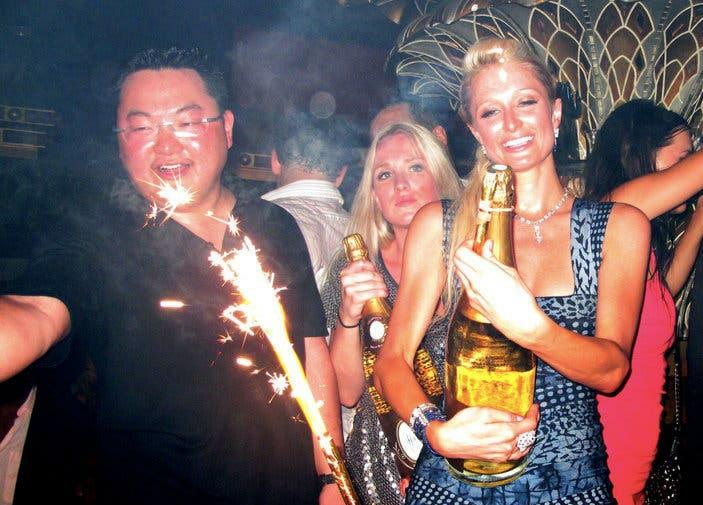
Extravagant Lifestyle and Lavish Parties of Jho Low
Jho Low’s journey to unprecedented wealth brought him to a whole new level of opulence. With the ability to effortlessly lose a million dollars in a poker game without flinching, he immersed himself in an extravagant lifestyle, rubbing shoulders with the elite and renowned. The allure of mingling with icons like Paris Hilton had been a lifelong fantasy for Jho Low, and now he regularly graced the social scene alongside her. Let’s delve into the stories of Jho Low’s lavish soirées, where he mesmerized guests with an abundance of luxury and flamboyance.
One remarkable chapter in Jho Low’s saga featured him partying alongside Leonardo DiCaprio in a sumptuous Las Vegas hotel suite, accompanied by 20 captivating Playboy bunnies. Jho Low’s audacity reached new heights as he rented out exclusive high-end clubs, orchestrating clandestine gatherings for his esteemed circle of celebrity and affluent friends. Notorious for his grand gestures, he bestowed extravagant gifts upon those fortunate enough to cross his path, including the unforgettable moment when he presented Kim Kardashian with a white Ferrari on her wedding day. Even individuals he had only just met were casually graced with designer bags worth tens of thousands of dollars.
Jho Low’s exceptional talent for throwing sensational parties was demonstrated by his legendary birthday bash in Las Vegas, which surpassed the boundaries of a typical celebration and approached the scale of a major concert. The guest list read like a who’s who of the entertainment industry, with luminaries such as Kanye West, Bradley Cooper, Robert De Niro, Michael Phelps, Kim Kardashian, Paris Hilton, and even Psy, who serenaded the crowd with his chart-topping hit “Gangnam Style.” Jho Low’s extravagance knew no bounds, as he persuaded Britney Spears to emerge from a cake and sing “Happy Birthday” in his honor. Rumored to have cost tens of millions of dollars, this opulent gathering left a lasting impression on all fortunate enough to attend. It is worth noting that most celebrities received substantial payments for their appearances, testament to Jho Low’s unparalleled ability to entice even the biggest stars.
The “Big-Spending Malaysian”
Jho Low’s grandiose parties not only cemented his status as a high roller but also served to elevate his social standing. Captivated by the glamorous world he inhabited, newspapers soon caught wind of his extravagant gestures, such as when he sent 23 bottles to Lindsay Lohan’s table during a night out. It was then that he earned the moniker “big-spending Malaysian,” a title that encapsulated his lavish lifestyle and unapologetic generosity.
Surrounded by a constellation of celebrities, Jho Low’s profile soared, and he found himself entangled in a romantic liaison with the renowned model, Miranda Kerr. As an emblem of his affection, he showered her with opulent gifts, further solidifying his reputation for extravagance. However, the boundaries of his eccentricity extended far beyond conventional norms. On New Year’s Eve, Jho Low’s desire for an extraordinary experience led him and a select group of friends and celebrities to board a private plane. They embarked on a journey that allowed them
to celebrate the advent of the new year twice—first in Sydney, Australia, and then, without delay, in Las Vegas. This unprecedented feat epitomized Jho Low’s unquenchable thirst for the extraordinary.
Jho Low’s extravagant lifestyle prompted comparisons to the fictional character Jay Gatsby from F. Scott Fitzgerald’s literary masterpiece. The reference extended beyond the mere act of hosting opulent parties; it captured the essence of Jho Low’s detached observation of his own gatherings. Rather than immersing himself in the festivities, he assumed the role of an overseer, frequently checking in with guests to ensure their enjoyment. Many found it challenging to engage in meaningful conversations with Jho Low, as he seemed rather reserved. A guest even remarked that the atmosphere felt contrived, as if the gathering served as a façade to maintain an illusion of wealth, prestige, and status. The pursuit of authenticity was sacrificed in favor of fulfilling the expectations of society.
In the past, searching for Jho Low on Google would yield scant results, leaving people to speculate about his origins and immense wealth. Rumors swirled, linking him to arms dealing or even royal lineage. Interestingly, Jho Low’s closest friends affectionately referred to him as “Panda,” a moniker evoking his plump and amiable nature. However, Jho Low was not merely defined by his reputation; he meticulously forged connections with the world’s wealthiest and most influential individuals. His aim was to understand their motivations and find ways to support them. While a significant portion of the misappropriated 1MDB funds funded Jho Low’s opulent lifestyle and a political slush fund for Malaysia’s Prime Minister, Najib, he harbored a newfound desire to establish a legitimate business.
Driven by his love for the glitz and glamour of Los Angeles, Jho Low set his sights on Hollywood. He decided to venture into the film industry by contributing to the establishment of Red Granite Pictures, a production company. Just as he had done with the 1MDB fund, Jho Low preferred to remain incognito, avoiding any official title at the company to ensure his involvement remained off the records. Instead, he reveled in the role of the secret benefactor, exerting influence from the shadows.
The Wolf of Wall Street: Jho Low’s Cinematic Triumph
During this period, Jho Low discovered that Leonardo DiCaprio and Martin Scorsese aimed to bring “The Wolf of Wall Street” to the silver screen. Despite their struggle to secure the $100 million budget from major Hollywood studios, Jho Low’s production company stepped in as a financial backer. This collaboration granted DiCaprio and Scorsese complete creative control over the project. In a stunning twist, Jho Low received personal credit in the film, and when DiCaprio won a Golden Globe for his performance, he publicly acknowledged Jho Low in his acceptance speech.
Jho Low’s Hollywood breakthrough marked a pivotal moment in his ascent. However, it is essential to note the irony that a movie like “The Wolf of Wall Street,” financed with allegedly stolen funds, was integral to his rise. Jordan Belfort, the real-life inspiration behind the film, voiced skepticism about Jho Low. Belfort attended one of Jho Low’s extravagant parties celebrating the acquisition of his story’s rights but sensed something awry. He questioned the exorbitant spending, deeming it indicative of ill-gotten gains. Despite Belfort’s reservations, most individuals around Jho Low chose not to probe further, enabling his company to later acquire a stake in Emi music publishing, with Jho Low assuming a role on the firm’s advisory board.
Bridging the gap between lavish parties and legitimate business ventures, Jho Low set his sights on constructing a media empire. His ultimate goal was to generate substantial profits through media projects, potentially enabling him to repay the funds diverted from 1MDB. Furthermore, Jho Low recognized the need for a sustainable income to sustain his extravagant lifestyle. However, his compulsion for grandeur and continuous expansion became apparent. He sought to enlarge his enterprises, driven by an insatiable desire to push boundaries. Consequently, Jho Low realized that acquiring more money, and thus resorting to further acts of misappropriation, became an imperative.
Goldman Sachs’s Role
Tim Leissner was head of Goldman Sachs‘s Asia Division and Jho Low had been wooing him. He’d arranged for a private jet to come and picked him up and then take him to a meeting with one of the richest sheiks in the world. After giving Tim an extremely luxurious trip, Jho Low explained his intentions that he wanted Goldman Sachs to help 1MDB raise more money through Bond sales.

Jho Low’s Insight To bolster the appeal of 1MDB’s power plant deals, Jho Low recognized the necessity of associating the fund with reputable entities. In this pursuit, Goldman Sachs, with its esteemed position on Wall Street, became an invaluable ally. By forging a partnership, Goldman Sachs lent its credibility to the 1MDB bonds, making them more attractive to potential investors.
While 1MDB alone lacked allure, Jho Low orchestrated a connection between 1MDB and Abu Dhabi’s Sovereign Wealth Fund, boasting an impressive $70 billion in assets and solid credit ratings. This strategic pairing enhanced the package’s attractiveness, captivating the interest of investors who were now more inclined to invest in the bonds.
Initial Bond Issuance In 2012, 1MDB, with Goldman Sachs as the official fund manager, issued $3.5 billion in bonds. Unbeknownst to investors, Jho Low utilized his familiar offshore techniques, diverting $1.4 billion of the funds to an offshore company registered in the British Virgin Islands, another tax haven.
A year later, 1MDB issued an additional $3 billion in bonds through Goldman Sachs. Once again, Jho Low seized the opportunity, diverting a portion of the funds through offshore accounts. Instead of fulfilling the promised investment in power plants, Jho Low funneled billions of dollars into his controlled shell companies, leaving the investor funds to be misused at his discretion.
With billions stashed away in offshore accounts, Jho Low embarked on an extravagant spending spree. Lavish art acquisitions, sprawling mansions, and a never-ending cycle of gambling and partying characterized his opulent lifestyle.
The Kickbacks Recognizing the need to maintain political favor, Jho Low generously shared the spoils with Najib, the Prime Minister of Malaysia. These kickbacks ensured that Najib turned a blind eye to the questionable nature of the 1MDB funds, keeping the investigation at bay and allowing Jho Low to retain complete control over the stolen billions.
In the intricate tapestry of the scandal, Goldman Sachs emerged as a significant beneficiary. Reports suggest that the financial institution received around $600 million in fees and revenue, a staggering amount that far exceeded their usual earnings from a deal of this scale. These extraordinary gains shed light on their complicity, raising suspicions about their knowledge of the illicit activities within the 1MDB affair.
The Art of Deception
Jho Low’s arsenal of tactics included setting up bank accounts under counterfeit company names that bore a striking resemblance to legitimate firms. For instance, he established a shell company named BlackRock Commodities Global Ltd., skillfully mimicking the renowned investment giant BlackRock. This clever ploy diverted attention from the true nature of the transactions, as unsuspecting observers assumed the funds were being routed to reputable organizations.
The technique of layering enabled Jho Low to disguise the origin of the funds by shuffling them between offshore bank accounts, creating the illusion of genuine transactions or loans. This intricate web of complexity concealed the original source, making it arduous to trace the funds back to their illicit origins. Offshore accounts registered in tax havens provided an additional layer of opacity, shielding Jho Low’s activities from prying eyes.
Jho Low exploited trust accounts at US law firms, taking advantage of client confidentiality rules in the United States. These accounts, operating with minimal regulation, offered him a safe haven to park his ill-gotten gains, further obscuring his financial maneuvers.
Jho Low skillfully capitalized on the relative lack of scrutiny surrounding transactions involving governments. Unlike regular companies, government funds operated in a less transparent manner, attracting significantly less attention from auditors and financial institutions. This favorable environment provided Jho Low with the perfect cover to execute his intricate schemes.
The Crumbling Empire
Luckily for Jho Low, he still has Prime Minister in his side. So, he wasn’t in any danger. Of course, the reason he had the Prime Minister on his side was that Jho Low was still funding a lot of that stolen money into financing Najib’s political campaigns. Including money to throw massive events or give to charity to make najib look good. So, 1MDB continued to burn through money. In fact it went several billions of dollars into debt.
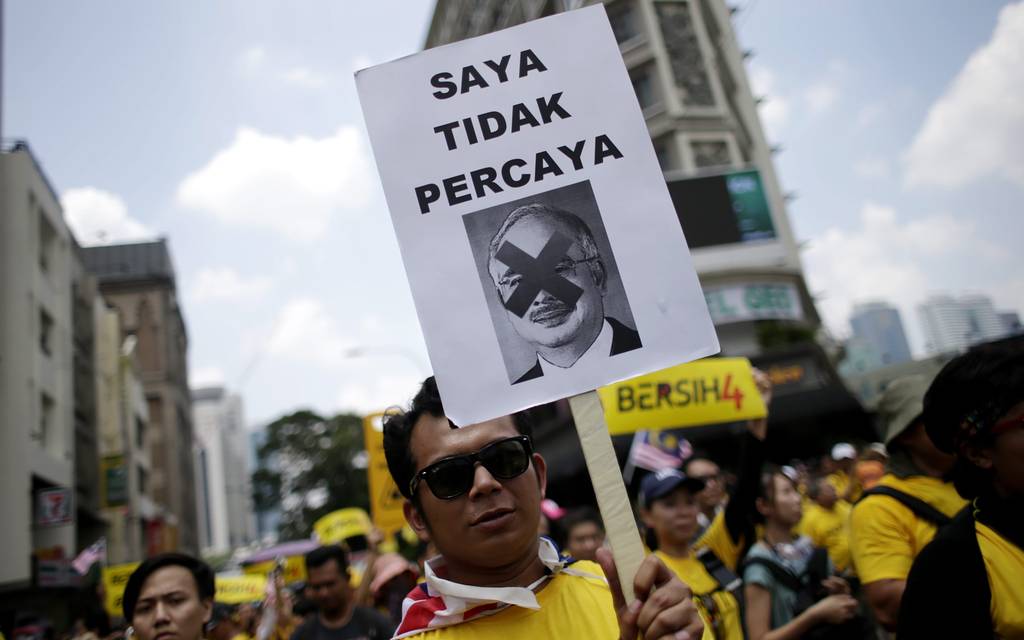
Jho Low’s relationship with the Prime Minister proved to be a vital asset in safeguarding his position. By channeling stolen funds into financing Najib’s political campaigns, he secured the support he needed. These funds were utilized for extravagant events and charitable donations, aimed at bolstering Najib’s public image. Consequently, the 1MDB fund continued to hemorrhage money, plunging several billion dollars into debt.
In 2015, a whistleblower took a bold step and leaked incriminating emails to the Press. These emails contained crucial information that would expose Jho Low’s intricate schemes and shed light on the magnitude of the scam he had orchestrated. As the contents of the emails came to public attention, curiosity surged, prompting a deeper investigation into the scandal. With each revelation, the pieces of the puzzle began to fit together, painting a clearer picture of the unprecedented fraud that had transpired.
The revelation of the 1MDB scandal ignited a wave of outrage among the Malaysian population. Hundreds of thousands of citizens took to the streets, demanding accountability and calling for Najib’s resignation due to his involvement in the corrupt activities. However, despite the public outcry, Najib refused to step down, seemingly confident that time would diminish the severity of the scandal before the next election.
A New Era Dawns
As the media started to unravel Jho Low’s wrongdoings, he found himself confronted with the inevitable need to go into hiding. Despite his vast wealth, he was aware that living an isolated life would become his new reality, a prospect he despised. Even the dissolution of his relationship with Miranda Kerr during this tumultuous time added to his mounting troubles.
In May 2018, Najib Razak, who had been in power for 60 years, faced an unexpected election defeat, marking the first regime change in Malaysia’s history. The astonishing loss showcased the deep-rooted anger among the Malaysian people, a response to the pervasive corruption that had plagued the country. Immediately after the election, Najib and his wife attempted to flee, only to be stopped by protesters at the airport. While Najib claimed it was a simple golf trip, it was evident that he knew the impending storm he was facing.
Following his ousting from power, authorities swiftly raided Najib’s residence, unearthing a staggering $274 million worth of assets, including luxurious jewelry, handbags, tiaras, watches, and $28 million in cash. The evidence spoke volumes, pointing to the extent of Najib’s involvement in bribery. Anti-corruption officials wasted no time, arresting the former prime minister in his opulent mansion. Subsequently, Najib was convicted of multiple crimes and sentenced to 12 years in prison, although he is currently in the process of appealing his conviction, maintaining that the funds were legitimate political donations. Meanwhile, he remains part of the government’s representative arm, further complicating the situation.
While Najib faced the consequences of his actions, one key figure managed to elude justice—Jho Low. The alleged mastermind behind the 1MDB scandal vanished, leaving behind a trail of mystery. Speculation emerged, suggesting that he sought refuge in China, potentially residing in a villa owned by a high-ranking Chinese Party official. Some even claimed to have spotted him briefly at a Victoria’s Secret party in Shanghai, indicating his ongoing pursuit of a lavish lifestyle, albeit in a more discreet manner.
Tim Leissner’s Guilty Plea: Goldman Sachs’ Involvement
Tim Leissner, a former Goldman Sachs manager who played a pivotal role in helping 1MDB raise funds, pleaded guilty to conspiracy to commit bribery and money laundering. Goldman Sachs attempted to distance itself from the scandal, attributing the misconduct to a few rogue employees. However, in Leissner’s guilty plea, he revealed that non-compliance was part of the Goldman Sachs culture. Ultimately, it was the Malaysian people who bore the brunt of the scandal, left burdened with massive debts. The promised development projects that were meant to benefit the nation turned out to be nothing more than a cruel charade, a betrayal of the highest order.
The 1MDB scandal showcased how easily the financial system can be manipulated and exploited. Powerful individuals and major banks often prioritize profits over due diligence, enabling fraudulent schemes to go unnoticed. From Jho Low to Najib and Goldman Sachs, all parties involved vehemently deny any wrongdoing. Nevertheless, billions of dollars of Malaysian government funds were stolen and funneled through a complex network of offshore accounts and shell companies. Even today, the FBI continues its efforts to piece together the entire puzzle, highlighting the magnitude of the deception. These funds could have made a genuine difference in improving the lives of countless people.
The Elusive Freedom of Jho Low
Perhaps the most astounding aspect of the scandal is that Jho Low, the alleged orchestrator, remains technically a free man. However, his freedom comes at a steep cost, as he is now restricted from entering many countries. Forced to live a life of obscurity, contrary to his once extravagant desires, reports suggest that Jho Low’s demeanor has shifted from carefree to anxious and paranoid.
Even when surrounded by immense wealth, partying with celebrities on private jets and yachts, Jho Low never seemed genuinely content. According to those who met him, he appeared desperate for validation and respect, which drove him to incessantly pursue more money, ultimately leading to his downfall.

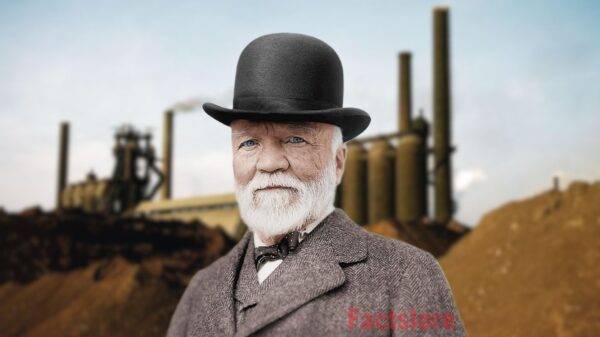
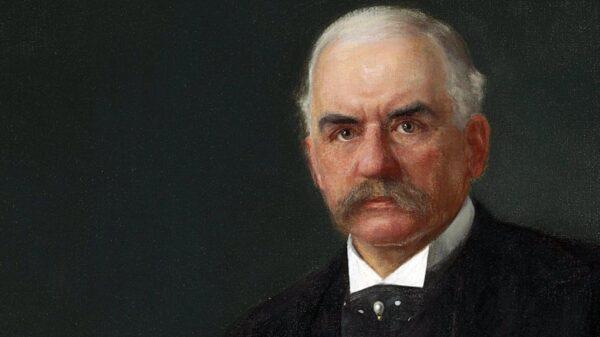
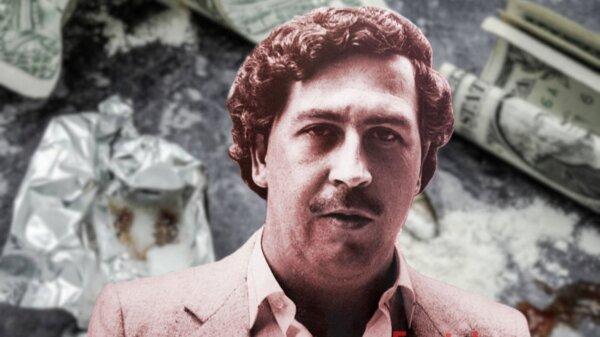
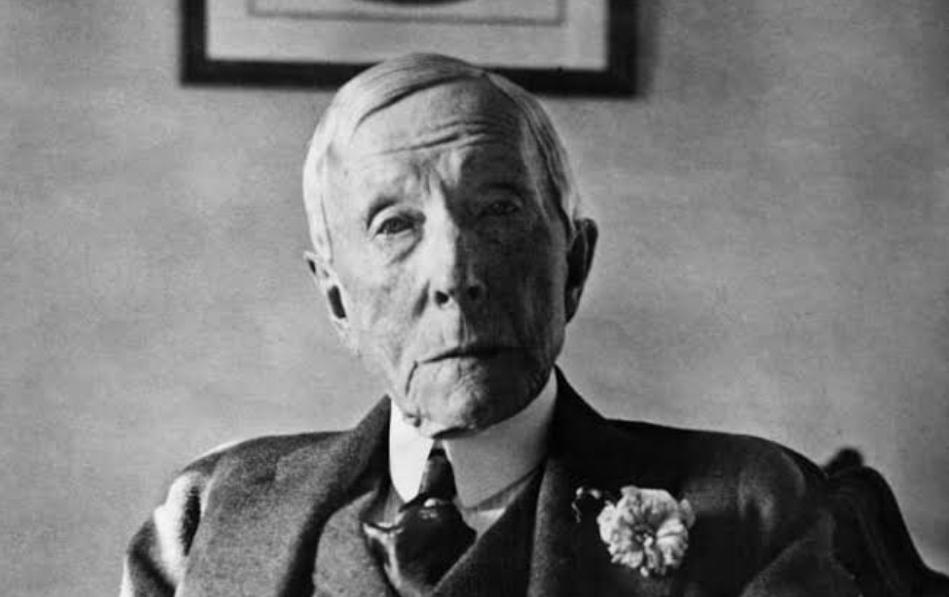

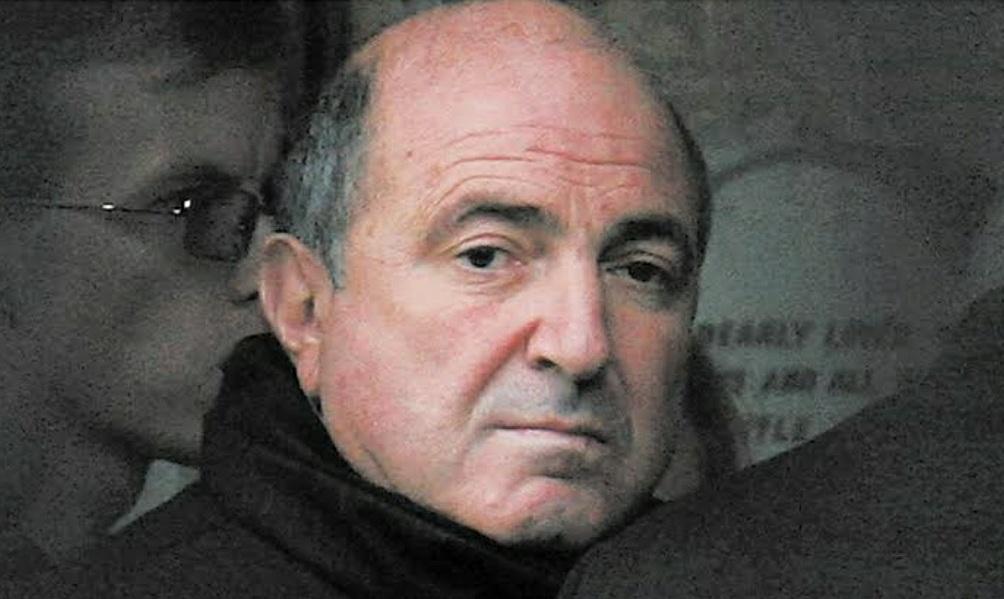


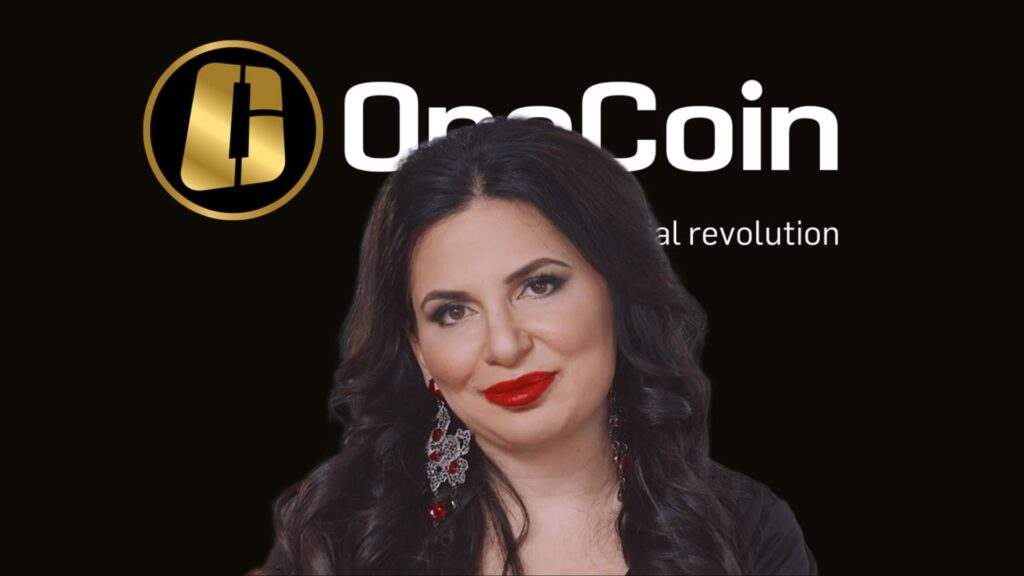


1 Comment. Leave new
[…] Read More – Jho Low: The Real Life Wolf of Wall Street? […]